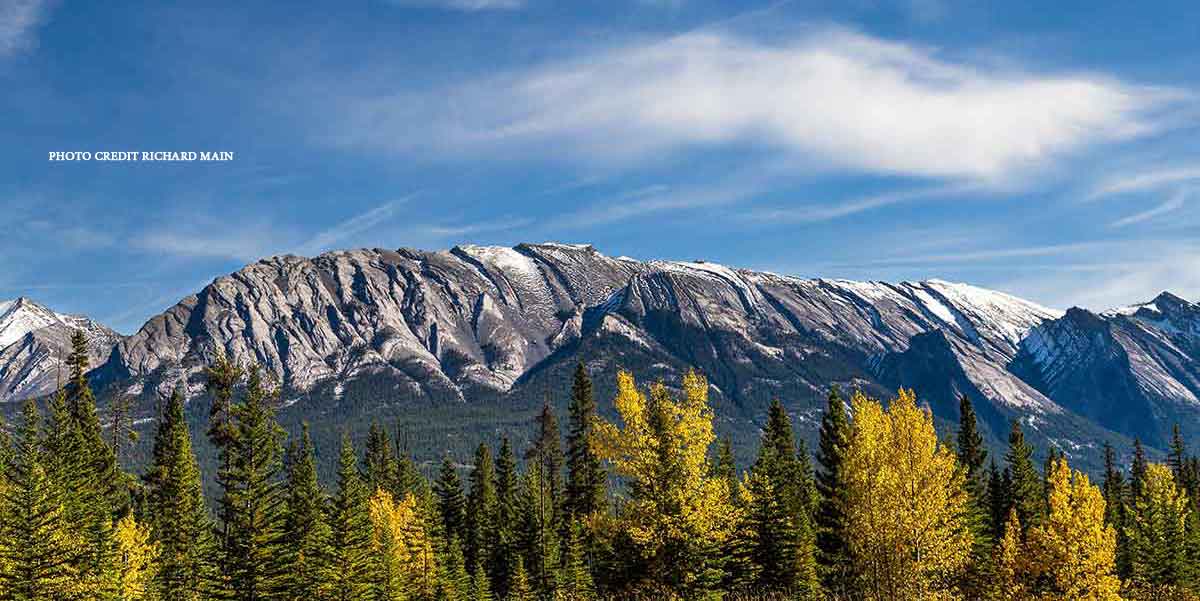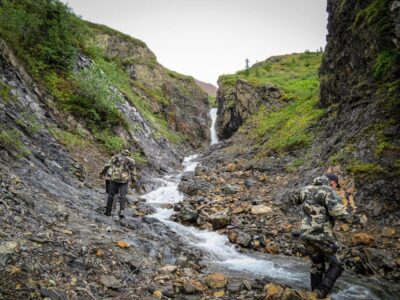
HOW HUNTERS & CONSERVATION GO HAND IN HAND
Guest writer, sam jacobs
As hunters, we’re often portrayed as blood-thirsty killers. In reality, this is rarely the case.
Most of us were taught to respect animals and the environment in which we hunt. We obey the laws and regulations and hold other hunters to those standards.
While there are always a few bad apples that anti-hunting organizations love to showcase, most hunters are looking to provide meat and memorable experiences for their family and friends.
Dating back to Indigenous People, hunters have always been conservation-minded.
 Conservation & Hunting the Perfect Marriage
Conservation & Hunting the Perfect Marriage
Indigenous people have long understood their relationship with the environment. They harvested only what they needed to provide for their clans.
Today, we also limit ourselves and our harvest when we obey the laws and regulations established by data-driven science.
Following hunting regulations helps prevent the spread of diseases and keeps animal populations in a healthy state.
Hunters understand that we must take care of the resources, or they won’t be here for the next generations to enjoy.
I, for one, love spending time outdoors with my family, which is why I stand behind Hunters for B.C. and other similar organizations.
Many anti-hunting organizations fail to realize how much hunters contribute to conservation besides helping maintain healthy animal populations.
Hunting generates more than $350 million annually in British Columbia alone. Nearly 84% of the Habitat Conservation Trust Foundations’ annual budget comes from hunting and fishing licenses.
This means if hunting were outlawed, it would have a significant negative impact on the economy and stop nearly all conservation projects.
Needless to say, we can’t allow that to happen.
Hunters must be able to explain how we contribute to conservation through hunting licenses, tags, and donations to conservation organizations.
We donate our money and time to improve habitats we will never directly benefit from because we know it’s the right thing to do for future generations and the environment.
The government gets most of its money earmarked for conservation from hunters, whether the taxes collected from ammo and hunting supplies or license and tag sales.
Hunters know this and fully support paying extra to continue conservation efforts.
Without hunting, conservation would struggle to exist.
However, without conservation, hunting wouldn’t exist.
Science-based conservation indicates as animal populations peak (become overpopulated), the spreading of diseases and starvation increases.
On the opposite end of the spectrum, science-based conservation should be used to positively influence the increase of struggling populations.
It’s clear that hunters are conservationists, and conservationists need hunters, even if they don’t realize it.
Parting Shots
Hunting and conservation are inseparable, and hunters in British Columbia are okay with that fact because we want what’s best for the animals, habitat, and humans.
Through science-based conservation efforts, we strive for the broader good of species and biodiversity, even if the populations are never hunted.
About Sam
Sam Jacobs is a 2nd amendment advocate, lead writer, and chief historian, at Ammo. Growing up in New England, He practically lived outdoors: fishing, hunting, and camping. As a self-proclaimed outdoorsman, it’s his responsibility to use his knowledge and experience to educate others about ammunition, the outdoors, and conservation.

